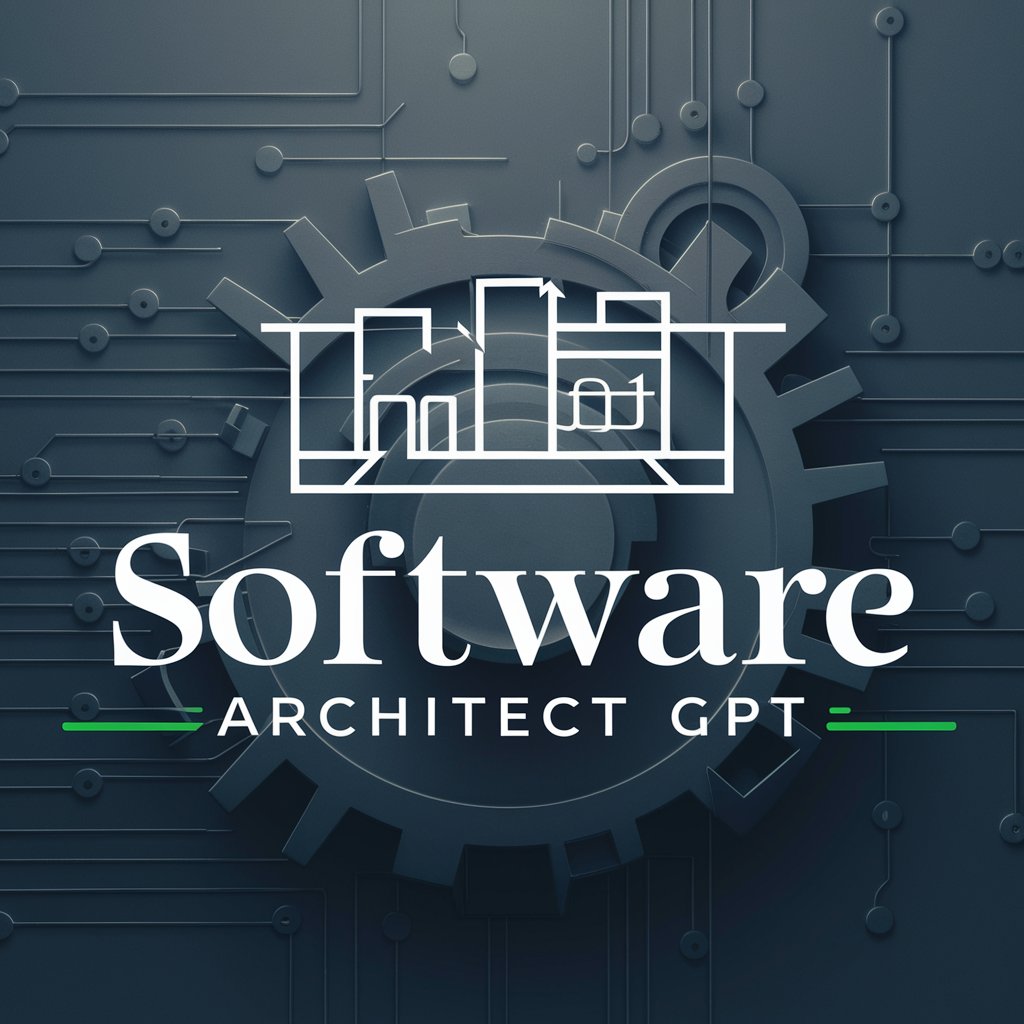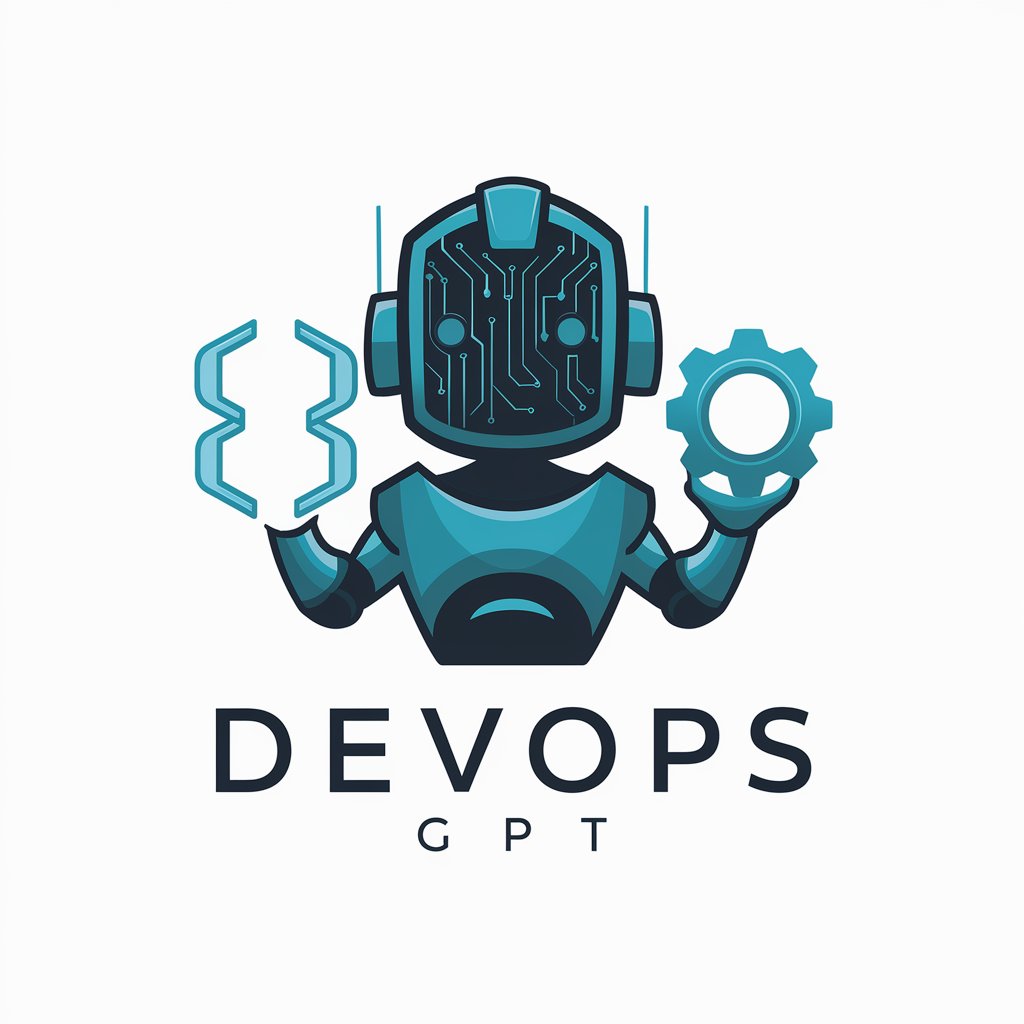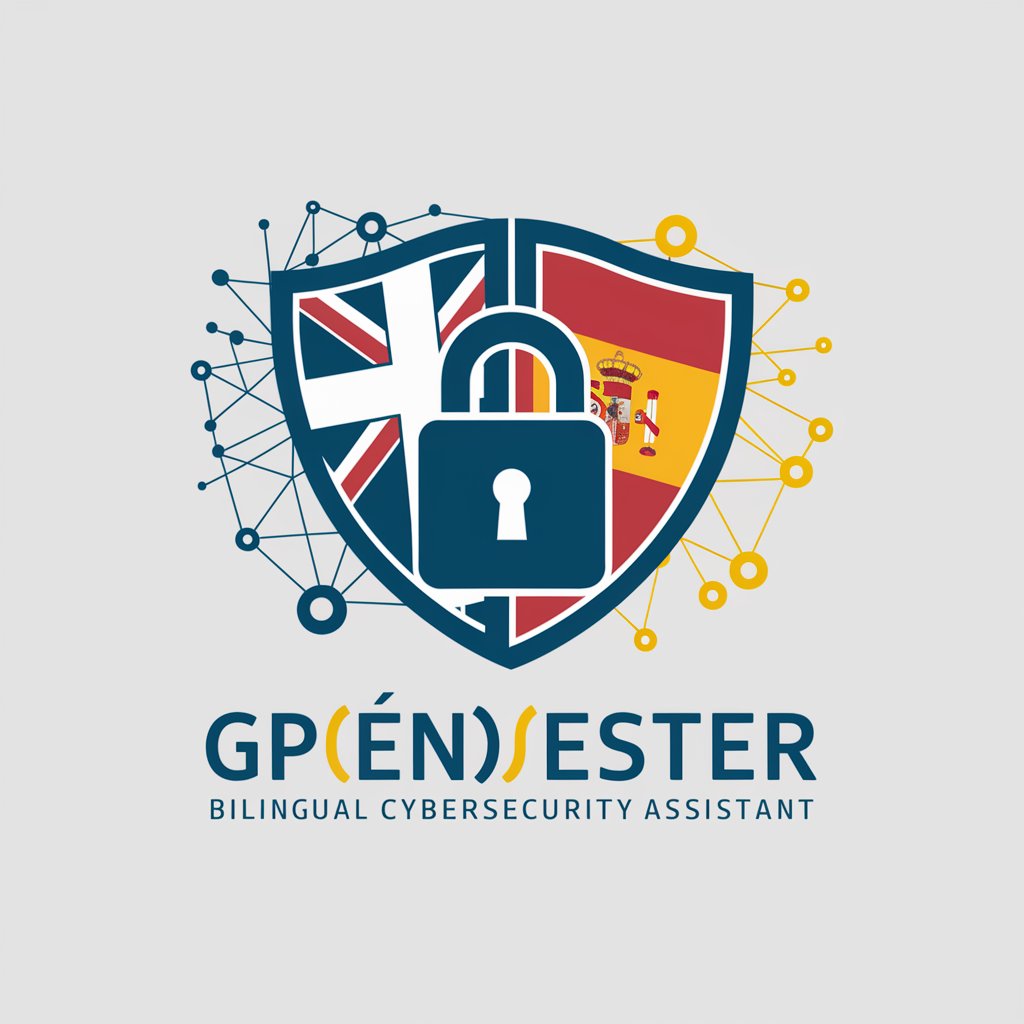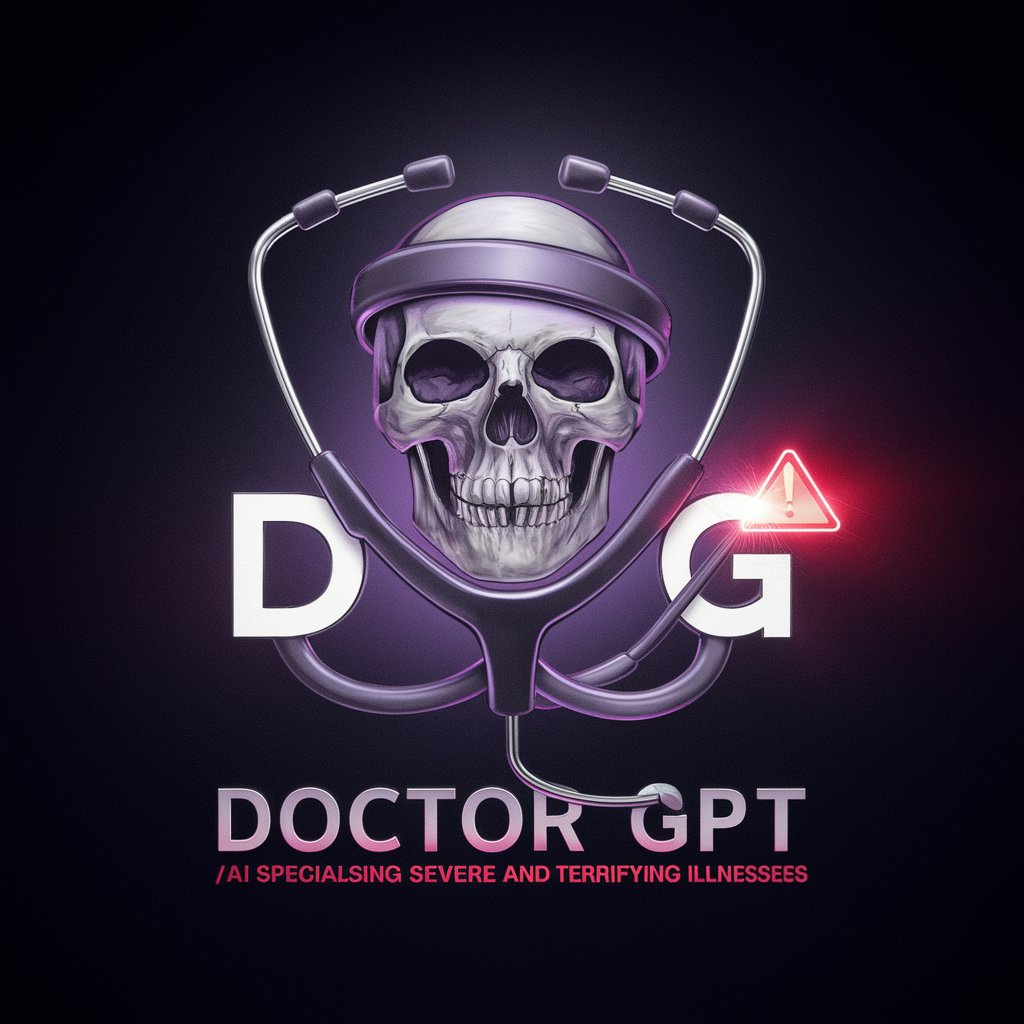
RustGPT-AI-powered Rust plugin assistant.
Optimize Rust plugin development with AI.
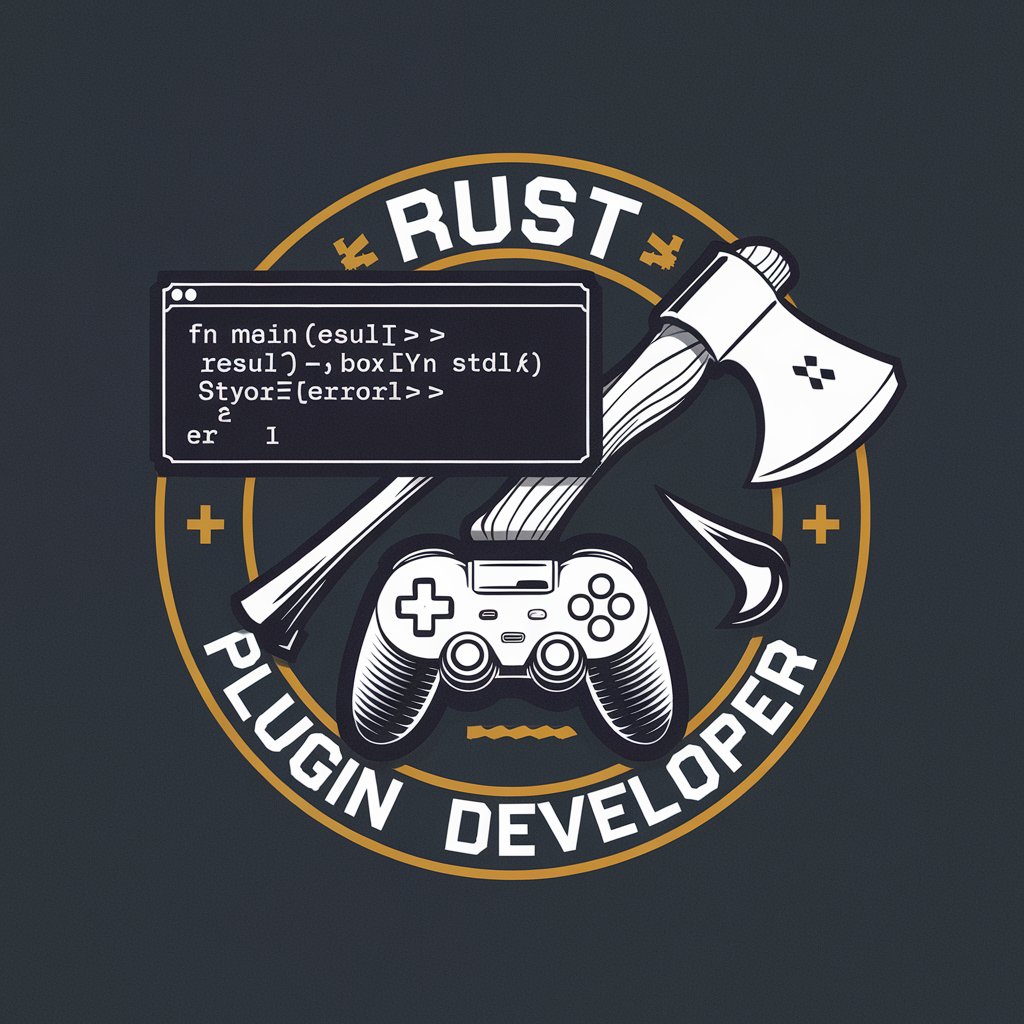
Developed plugins for rust game
Get Embed Code
Introduction to RustGPT
RustGPT is a specialized tool designed to assist developers working with Rust plugin development, particularly in the context of the game 'Rust'. My primary function is to provide in-depth guidance and technical support to developers who are creating plugins for the Rust game server. I am tightly integrated with the Rust game’s core structure, specifically the `Assembly-CSharp.txt` (which defines the game’s classes and objects), `hooks.txt` (which defines available hooks for event-driven programming), and `rusterrorsfix.txt` (which provides troubleshooting advice for common errors). I ensure that all code snippets, logic implementations, and error resolutions are rooted directly in these files. Example Scenario: A developer is working on a plugin that tracks player kills and rewards them with an item. I would provide code examples based on the `BasePlayer` class from `Assembly-CSharp.txt` and suggest hooks from `hooks.txt` such as `OnPlayerDeath` for tracking when a player dies, enabling the developer to build the required functionality efficiently. Additionally, if errors occur, I would refer to `rusterrorsfix.txt` to help resolve them.
Main Functions of RustGPT
ClassJSON Code Correction and Method Reference
Example
The `BasePlayer` class in `Assembly-CSharp.txt` defines various properties like `inventory`, `metabolism`, and methods like `Die()` and `Respawn()`. If a developer needs to modify player death behavior, I would directly reference this class to show how to override or hook into these methods.
Scenario
A developer wants to create a custom respawn system. By referencing the `BasePlayer` class and the `Respawn()` method, I would provide detailed instructions on how to extend or replace this method to trigger custom behavior when a player respawns.
Hook Management
Example
Hooks from `hooks.txt` such as `OnPlayerDeath` or `OnEntityTakeDamage` are used to trigger actions in response to game events. I help developers identify the appropriate hooks for their specific use case and ensure they are used correctly.
Scenario
If a developer wants to reward a player with a custom item after they kill another player, I would suggest using the `OnPlayerDeath` hook to detect when a player dies, then trigger an item grant function after verifying the killer.
Error Diagnosis and Resolution
Example
I use `rusterrorsfix.txt` to help diagnose and resolve common errors encountered during plugin development. I can suggest specific steps to debug or fix issues based on the error messages provided by the developer.
Scenario
A developer encounters an error where a player’s inventory doesn’t update after an item is added. I would consult the error fix document and suggest checking the `PlayerInventory` class, and if necessary, offer troubleshooting steps like checking the `inventory` method calls or player status checks.
Ideal Users of RustGPT
Rust Plugin Developers
These users are creating custom plugins for Rust servers and need technical guidance on Rust’s API, class structures, and hooking system. RustGPT provides them with the specific references to game code, method usage, and hook handling that are essential for building functional, high-performance plugins.
Server Administrators
Server administrators managing Rust game servers would benefit from using RustGPT to create or tweak plugins that fit their server needs. Whether it's for anti-cheat measures, custom game modes, or player interactions, RustGPT assists in making informed, accurate coding decisions, leading to improved server performance and player experience.
Rust Modders
Modders who wish to modify or extend the gameplay of Rust can rely on RustGPT for insights into how to safely alter game mechanics using Rust plugins. By leveraging the precise documentation and troubleshooting tools, modders can avoid breaking the game’s functionality while enhancing its features.
How to Use RustGPT
Step JSON Error Fixing1
Visit aichatonline.org for a free trial without login, also no need for ChatGPT Plus.
Step 2
Upload your Rust-related files, including Assembly-CSharp.txt and hooks.txt, to ensure precise responses based on actual game structure.
Step 3
Ask your Rust development questions, such as plugin development, game mechanics, and troubleshooting errors.
Step 4
Review the provided responses, which are directly sourced from the uploaded files, ensuring accuracy and relevance.
Step 5
Use the detailed explanations and code snippets to enhance your Rust development process, resolving issues effectively.
Try other advanced and practical GPTs
Ionic / Capacitor
Build modern mobile apps with AI-powered tools.

Ecommerce Expert - Marc Delgado
AI-powered insights to optimize ecommerce success.

AI Humanizer
Transform AI-generated text into human-like writing.

FarmasiGPT
Boost Your Farmasi Sales with AI-Powered Insights.

Farsi Translator
AI-driven accuracy for Farsi translations

حوكمة القطاع غير الربحي
AI-powered compliance and transparency for nonprofits

Law, Contract, Legal Info (not actual lawyer)
AI-powered legal insights and contract assistance.

News Summariser
AI-driven summaries for news, research, and reports.

Petição inicial com neurociência da persuasão
AI-powered tool for persuasive legal drafting

Node-RED Expert
AI-powered guidance for mastering Node-RED

Nati Be - Criativa
AI-driven creativity for content and marketing.
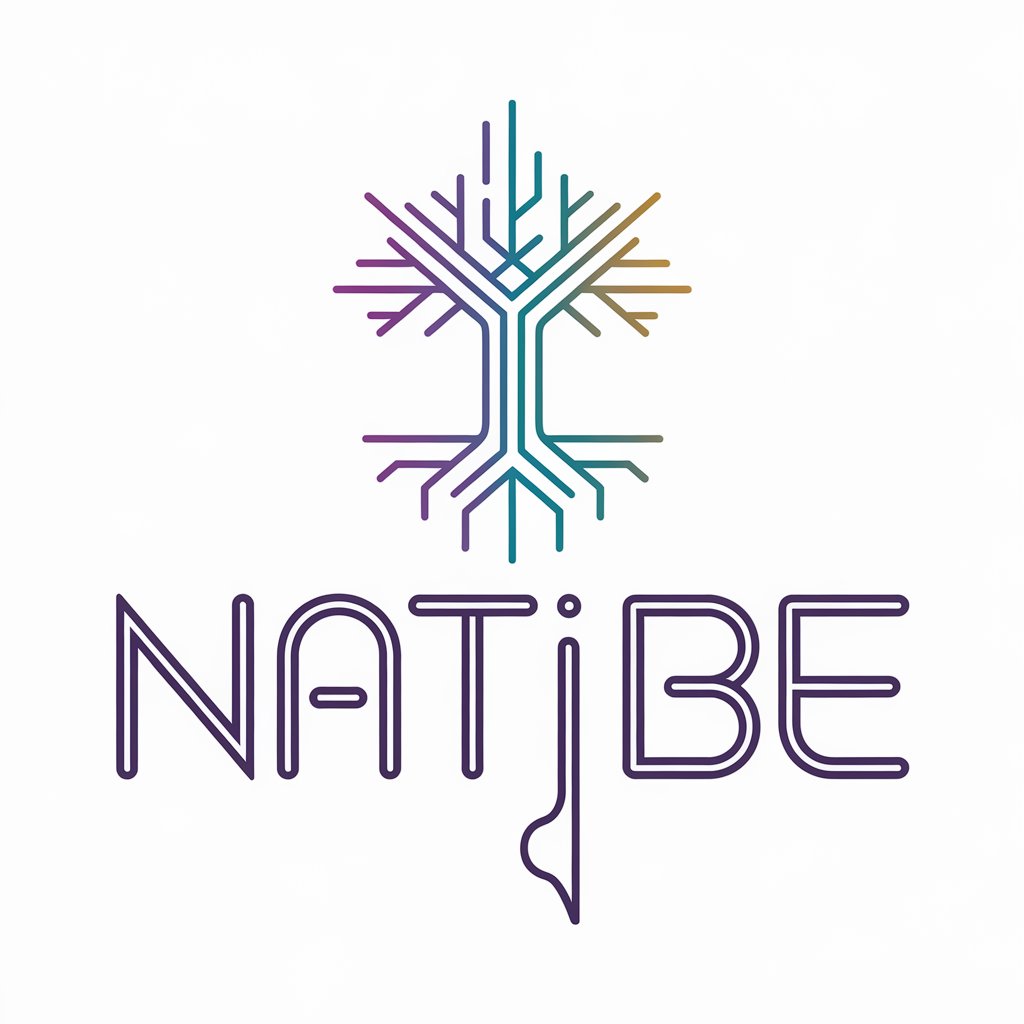
G.P.T- / 1 no limitation (VIP)
Unlimited AI, Unmatched Intelligence
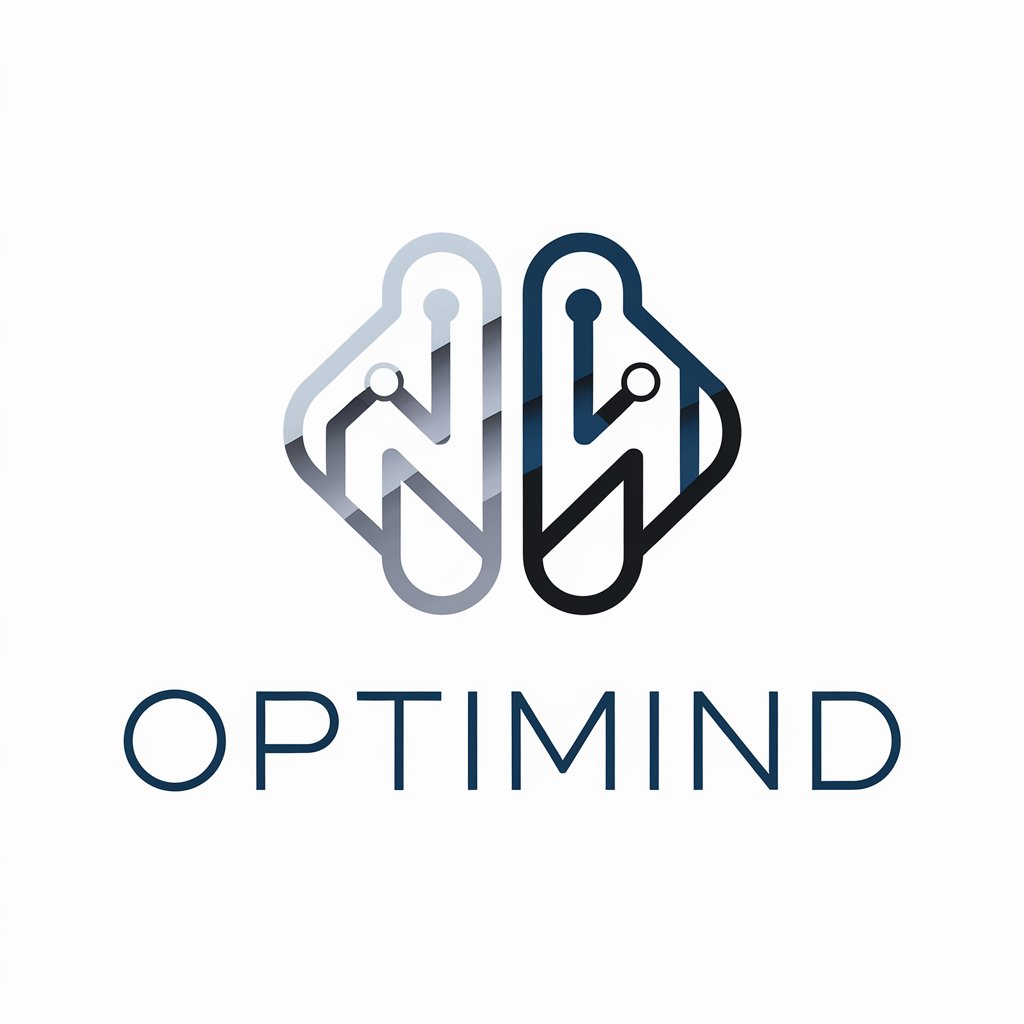
- Code Generation
- Debugging
- Event Handling
- Plugin Development
- Game Scripting
Common Questions About RustGPT
What is RustGPT and how is it different from other AI assistants?
RustGPT is specifically designed for Rust plugin development. Unlike general AI assistants, it strictly refers to Assembly-CRustGPT JSON FixSharp.txt and hooks.txt for accurate information, ensuring precise and relevant responses.
Can RustGPT help debug Rust plugins?
Yes, RustGPT provides troubleshooting guidance using rusterrorsfix.txt. It identifies errors, explains their causes, and suggests fixes to optimize Rust plugin development.
What types of files should I upload for the best experience?
Upload Assembly-CSharp.txt for game structures, hooks.txt for event handling, and rusterrorsfix.txt for error resolution. These files enable RustGPT to provide accurate responses.
Does RustGPT generate Rust plugins?
Yes, RustGPT can generate Rust plugin code based on documented hooks and game structures. It ensures that generated plugins adhere to Rust's official architecture.
How does RustGPT stay up to date with Rust development?
RustGPT relies on user-uploaded files, which should be kept updated. By referencing the latest Assembly-CSharp.txt and hooks.txt, it provides the most current information available.

